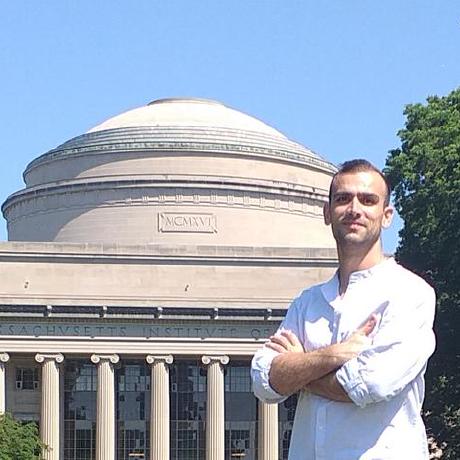Zakaria Abdelmoiz Dahi
Researcher-Lecturer
Quantum computation is based on quantum mechanics principles, which allows it to gain a computational speedup over its classical counterpart, especially in combinatorial optimisation. The Quantum Approximate Optimisation Algorithm (QAOA) is a recent and promising quantum optimisation technique. It is expressed as a parameterisable quantum circuit whose parameters control its efficiency. The QAOA’s parameterising is a complex task usually treated as a white- or black-box optimisation problem. The best QAOA efficiency is reached using higher-complexity QAOA quantum ansatz. This involves many more parameters to set and hardens, even more, the QAOA’s parameterising considering that white- and black-box optimisation approaches become less efficient and computationally/time expensive. So, as an alternative, a few works have investigated the use of Machine Learning (ML) techniques instead. Encouraging results have been found, although those works explored limited ML techniques on a set of moderated benchmarks (e.g., quantum ansatz, quantum machines, etc.). This leaves several pending research questions about the efficiency, design and generalisation of ML approaches to QAOA for real-world-sized problems. Considering these facts, the objectives we set are to (I) advance research in this axis by explor-/design-/integrating more advanced supervised learning approaches for enhancing the QAOA’s parameterising, ultimately achieving a more efficient combinatorial optimisation problem-solving. (II) Attempt to answer the questions arising from previous literature by testing our proposal on extended benchmarks and comparing it to state-of-the-art quantum, hybrid and classical optimisers (e.g. annealers).
Keywords: Quantum Variational Algorithms, Pseudo-Boolean Optimisation, Supervised Machine Learning
Scientific area: Quantum Computing, Optimisation, Machine Learning
Bio: Zakaria Abdelmoiz DAHI is a researcher-lecturer working on the design and application of quantum-classical optimisation and machine learning techniques for solving real-world problems considering the noisy nature, the limited capacities, and the hardware restrictions of today’s quantum computers.
Visiting period: 21/06/2024 to 22/09/2024 at Quantum Applications and Research Laboratory (QAR-Lab), Munich University – Ludwig-Maximilians-Universität (LMU)
